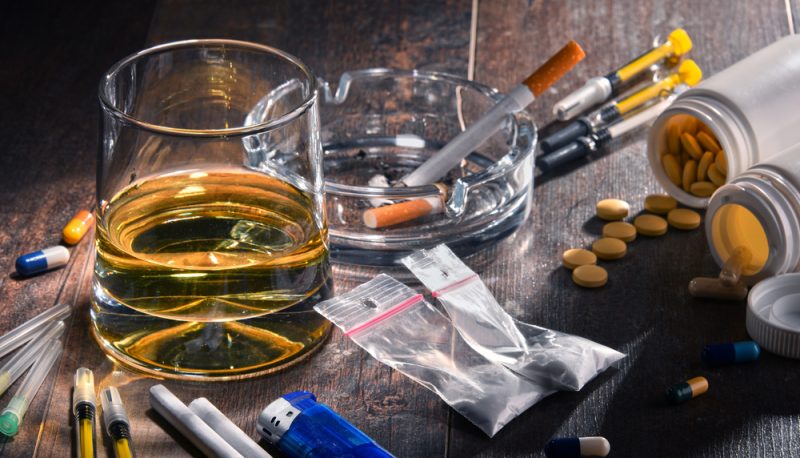There are a few things more difficult than finding out that your child has developed an addiction to drugs. While many may attribute changes in adolescent behavior to moodiness or hormonal changes (which may often be the case), sometimes there are changes that come about due to drug use. But by the time you have figured this out, you have to deal with the shock that accompanies this revelation, as well as the damage and addiction that has occured as a result of the substance abuse. No matter what the severity of your child’s substance abuse is or what substance it is that they are currently using, use some of the tips below to help guide you through the process of successfully addressing and tackling this issue.
Calm yourself and evaluate the situation
Discovering that your teen is using drugs can bring about a wide variety of emotions and acting on those immediately after learning about the drug use could do more harm than good. The most important step to take is to calm yourself down and to allow yourself to evaluate the situation and take everything in. While the matter is urgent, you do not need to act nor react instantaneously. Sit down and think about some of the questions you have for your child and work through the emotions that you are feeling. Then, create a game plan that will allow you to successfully start a conversation with your teen about their drug use so that you can learn more about why and how it started. Only once you are able to maintain a level head will you be better prepared to take on the responsibility of talking to your child.
Sit them down and allow them to open up about the drug use
Once you’ve figured out exactly what it is that you want to say and ask about the drug use and the situation in its entirety, the next step is to go through with the talk. Sit your teen down when you both are available and let them know that you are aware of their drug use and start the conversation from there. Ask them the questions that you feel need to be addressed and then explore the initial drug use and the potential reasons behind it. No matter what, try to keep the conversation non-confrontational. While you may have your own feelings and opinions about the topic, creating a hostile environment will not allow your teen to fully open up. Create a safe space where your child feels okay with sharing their feelings and experiences and you will learn a bit more about the situation as a whole.
Seek out the right help and resources
Not every child who is using drugs is going to need the same kind of help. For example, if your child is using drugs that aren’t problematic and you’ve determined that the reason behind the drug use is depression, you can seek out counselors and therapists in your area who will be able to tackle that issue while you make sure that they aren’t still doing those drugs. If you have a teen who is using much heavier substances and has become addicted and is developing negative health effects as a result, it is important to seek both counseling and considering bringing them to a teen rehab center where they can get the help that they need. No matter what you choose to do, make sure that it is in the best interest of your child so that they can fully recover and thrive.
